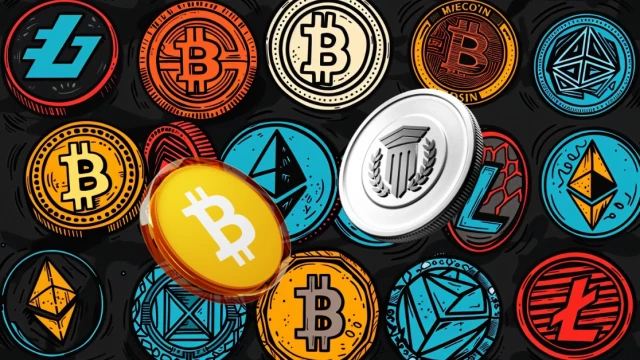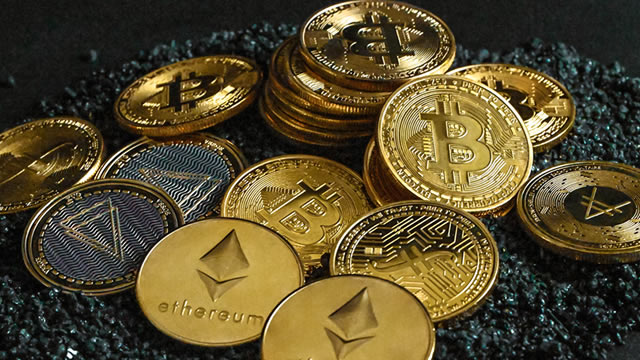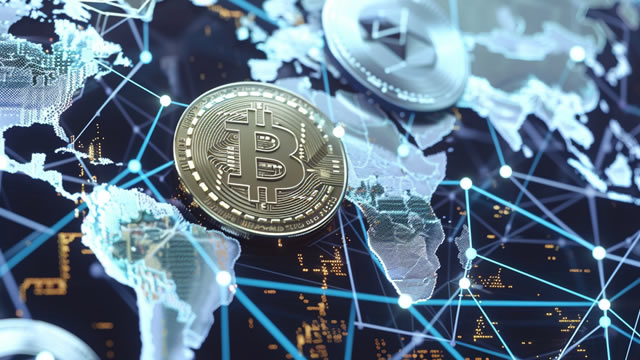
Seoul Coordinates With Washington on Sanctions Over North Korea's Crypto Operations
Summary
Navigating the Intricate Web of North Korea's Cryptocurrency Operations
As geopolitical tensions continue to simmer on the Korean peninsula, the world's attention has once again turned to North Korea's illicit use of digital assets. In a coordinated effort, South Korea has joined forces with the United States to tighten the screws on the DPRK's nefarious cryptocurrency activities, signaling a heightened focus on disrupting the regime's financial lifelines.
The latest sanctions target a complex web of cryptocurrency exchanges, wallets, and intermediary networks that have been funneling funds to North Korea's weapons programs and other sanctioned activities. This move reflects a growing recognition within the global community that the DPRK has become increasingly adept at leveraging the borderless and pseudonymous nature of cryptocurrencies to circumvent traditional financial restrictions.
As regulatory bodies in both Seoul and Washington ratchet up their oversight, cryptocurrency platforms operating worldwide will face heightened compliance demands and scrutiny. This not only poses challenges for these companies, but also has broader implications for the broader crypto ecosystem. Investors, in particular, will need to navigate an environment of increased uncertainty and potential market volatility as authorities crack down on North Korea's digital financial activities.
Historically, the DPRK has been a pioneer in the use of cryptocurrencies for illicit purposes, having harnessed the technology to fund its nuclear and missile programs, as well as other illicit activities. According to estimates, North Korea has amassed a cryptocurrency war chest worth hundreds of millions of dollars, primarily through a combination of sophisticated hacking operations, mining, and the exploitation of loopholes in global financial regulations.
Experts warn that the country's cyber capabilities and financial ingenuity make it a formidable adversary in the digital asset space. The regime's state-sponsored hacking units, such as the infamous Lazarus Group, have demonstrated a remarkable ability to infiltrate and plunder cryptocurrency exchanges, while its network of intermediaries has proven adept at laundering and obfuscating the origin of illicit funds.
As the international community intensifies its efforts to choke off North Korea's access to the global financial system, the regime's reliance on cryptocurrencies is likely to become an increasingly pressing concern. The latest sanctions, coupled with enhanced regulatory scrutiny, may force the DPRK to adapt its tactics and explore new, more elusive ways to leverage digital assets for its nefarious ends.
For investors and the broader crypto industry, this ongoing cat-and-mouse game between North Korea and global authorities serves as a stark reminder of the need for robust compliance measures, enhanced security protocols, and a heightened awareness of the potential risks associated with the misuse of digital assets. As the world continues to grapple with the ever-evolving threat posed by the DPRK's cryptocurrency operations, the crypto community must remain vigilant and proactive in safeguarding the integrity of the ecosystem.





